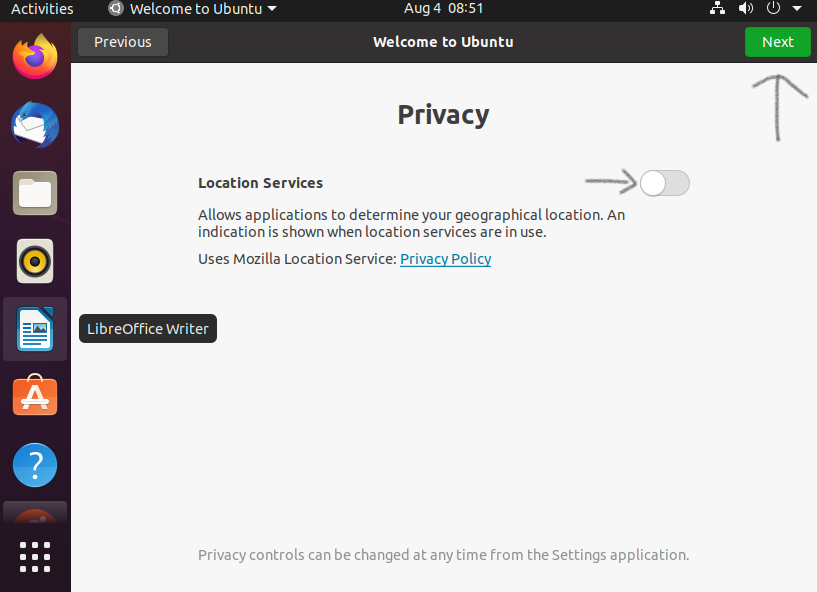
Step 1: After installing VirtualBox, double-clickclick on the icon to open it. You may also need to choose the folder where VirtualBox It will be installed. give your firewalls and antivirus software permission to run VirtualBox. Follow the installation instructions and choose default options when prompted. Along with these benefits, you can anticipate strong community support and a wealth of productivity tools🇧🇷 Also, VirtualBox works on all contemporary systemsas well as a premium alternative like VMware🇧🇷ĭownload Oracle VM VirtualBox Extension Pack along with VirtualBox. You also need emulation software such as VirtualBox🇧🇷 this free virtualization tools allows you to run your virtual machine on a physical computer without having to reinstall the operating system. Choose the option that best suits your needs. Make Ubuntu build one Linux virtual machine🇧🇷 Depending on your computer architecture, you can select the 32 bit or 64-bit versions🇧🇷 In general, 64-bit architecture is faster than 32-bit equivalents, but 64-bit allows you to give the system access to many more resources🇧🇷 For its scalability, 64-bit is often the choice. In short, Ubuntu it’s easy to use and effective for cloud, Internet of Things and other applications where security is important. There are numerous Linux distributions, with Ubuntu being one of the most used options. Steps to Create a Linux Virtual Machine with VirtualBox # Download and install Ubuntu #

We have mentioned below the steps to create a Linux virtual machine with VirtualBox.

Using VMs, multiple operating systems can run simultaneously on a single machine, like a Linux distribution on a Mac laptop🇧🇷 Each operating system operates in the same way that an operating system or application would normally operate on host hardware, so the user experience final replicated in the VM is very similar to an operating system experience taking place in real time on a physical computer. The compute resources CPU, memory and storage are treated by the hypervisor as a set of resources that can be easily shared by existing guests or transferred to new virtual machines. Guest machines, guest computers, guest operating systems or simply guests are the countless VMs that use your resources. Host machine, host computer, host operating system, or just host refers to physical machines equipped with a hypervisor, such as the kernel-based virtual machine (KVM).


 0 kommentar(er)
0 kommentar(er)
